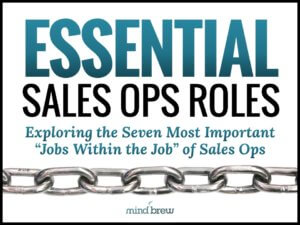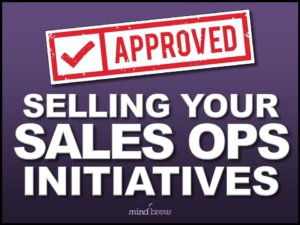Over the years, we’ve conducted a number of training webinars covering various aspects of career management and leadership development. In these sessions, we inevitably touch on the topic of workplace politics and offer our perspectives on how best to navigate the internal political landscape.
And after each of these sessions, we can count on receiving at least a few comments along the lines of these:
“I know you probably have to talk about office politics in a webinar about getting ahead in a career, but it’s disappointing to think we might have to play those games.”
“Workplace politics is what turns an interesting job into drudgery.”
“The workplace should be free of political wrangling and we should be able to just do our jobs and focus on the business at hand.”
In these sessions, of course we try to be as clear as possible about our research findings and perspectives. But on the topic of workplace politics, there always seems to be a bit of a disconnect with a portion of the audience. So I thought I’d take another stab at clarification…
First off, to say that I’m not a fan of internal workplace politics would be a massive understatement.
In fact, every job I’ve ever loved was eventually ruined when the ratio of internal posturing, positioning, and maneuvering relative to productive work and meaningful progress grew too high. It’s just how I’m wired. When my peers and coworkers begin to focus more on internal maneuvering then they do on driving profitable growth in the marketplace, I’m out.
So I would never encourage someone to “play the game.”
That said, simply choosing not to play doesn’t make the games go away. Nor will abstinence on your part insulate you and your team from the internal machinations of others in your organization.
This is why we always say that even if you aren’t an active participant, you should still pay attention to what’s happening on the internal political playing field. After all, these things can have some pretty serious ramifications, from having budgets shifted and initiatives back-burned to wholesale changes in responsibilities and even reporting structures.
And if you aren’t paying attention, you’ll be totally blindsided and won’t even have a chance of heading off these kinds of things.
Now, should it be this way? No, it shouldn’t. Ideally, the workplace should be totally free of these kinds of considerations. But as I often say, whenever you’re using the word “should,” you are no longer operating in reality.
The reality is that whenever human beings are brought together in groups to do something, there’s going to be some degree of internal politicking. And this is true even when there are no remunerative considerations involved (just ask anyone who’s volunteered at a non-profit or been involved in their local homeowner’s association, for example).
The bottom line is that in Sales Ops, we just can’t ignore internal politics. We don’t have to play the games ourselves; but we should definitely be mindful of any games being played elsewhere that could affect us.
That’s not being paranoid. That’s just being prudent.














